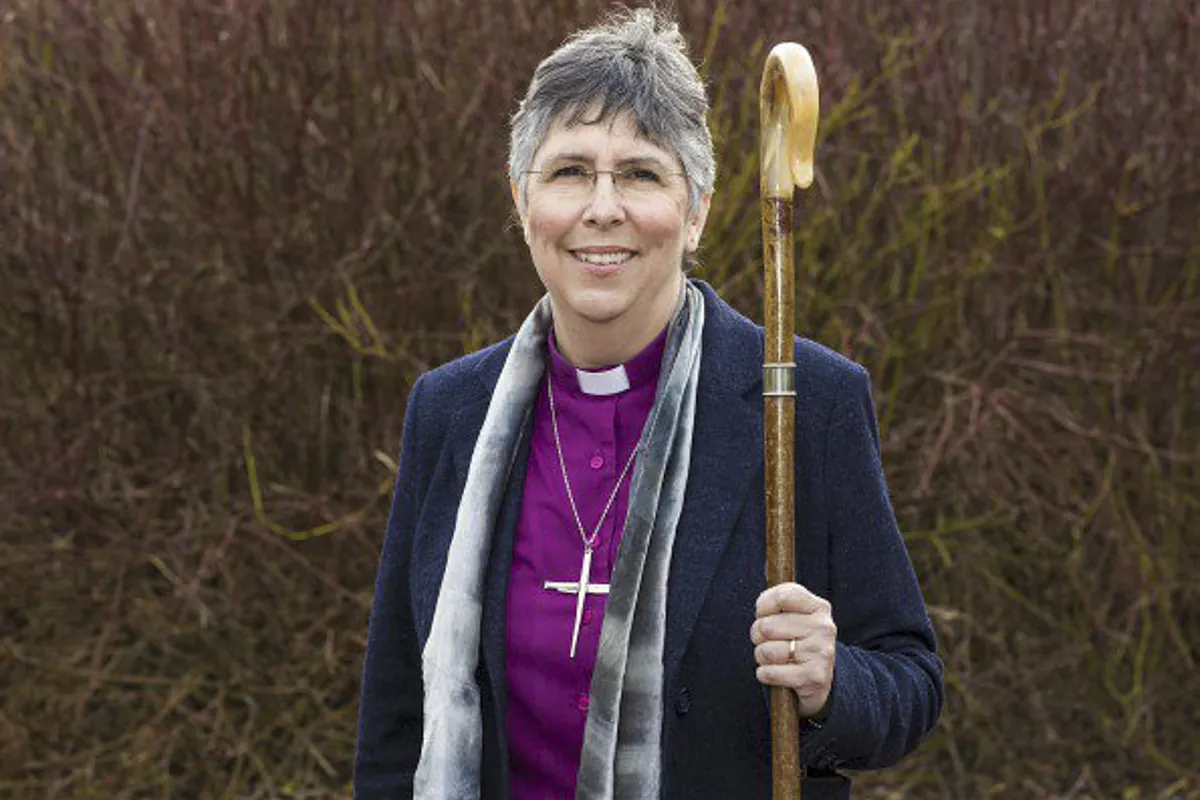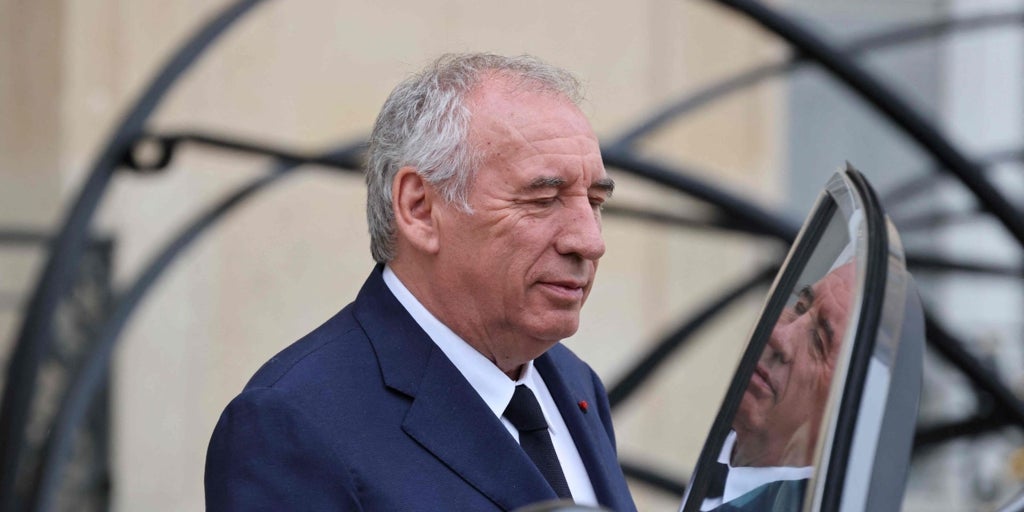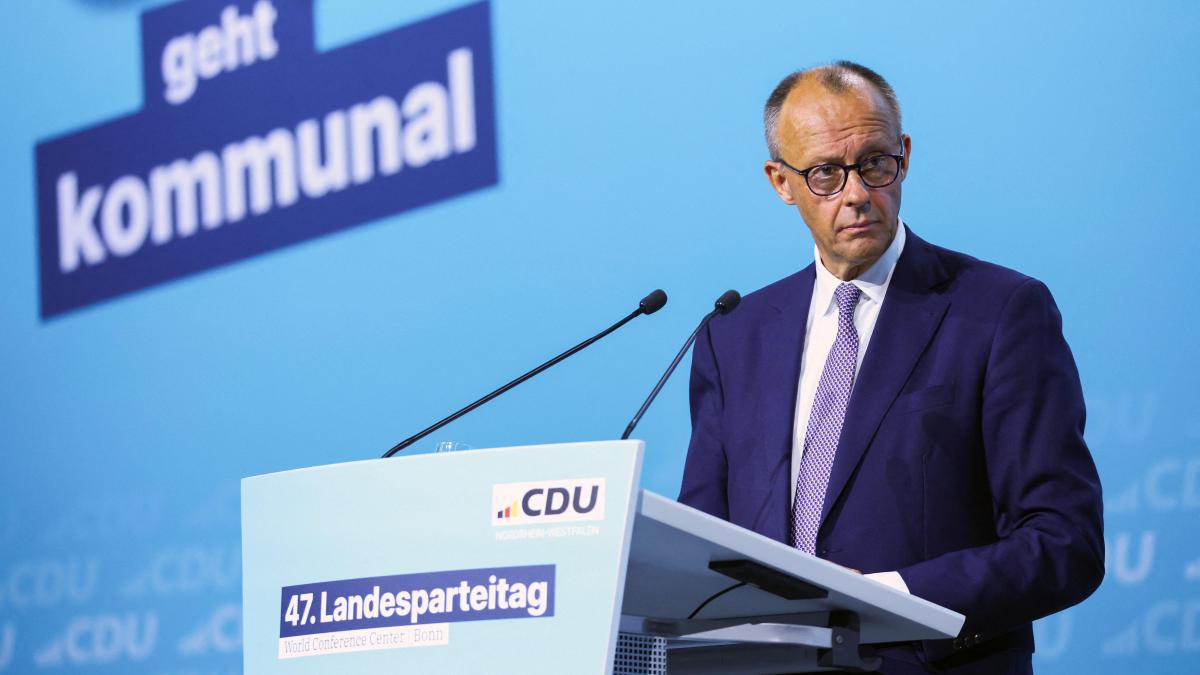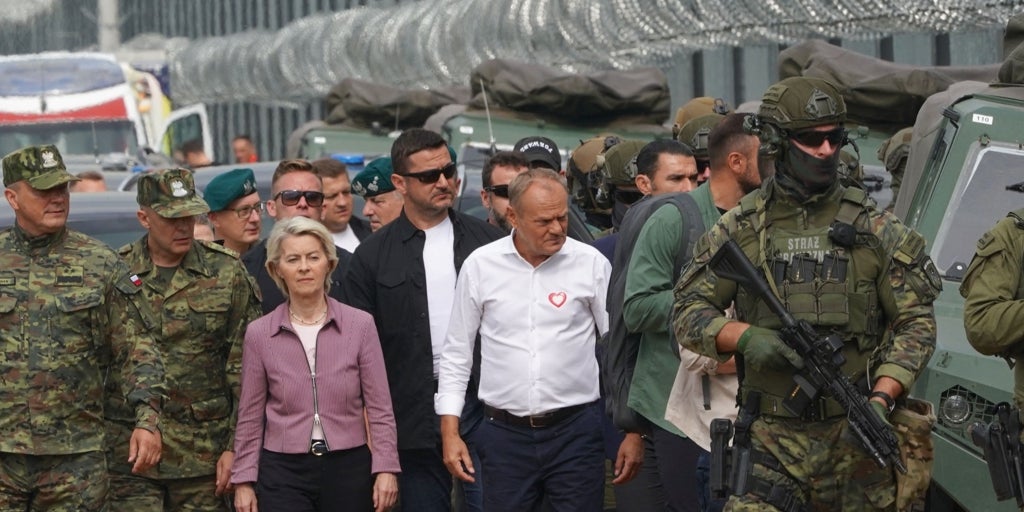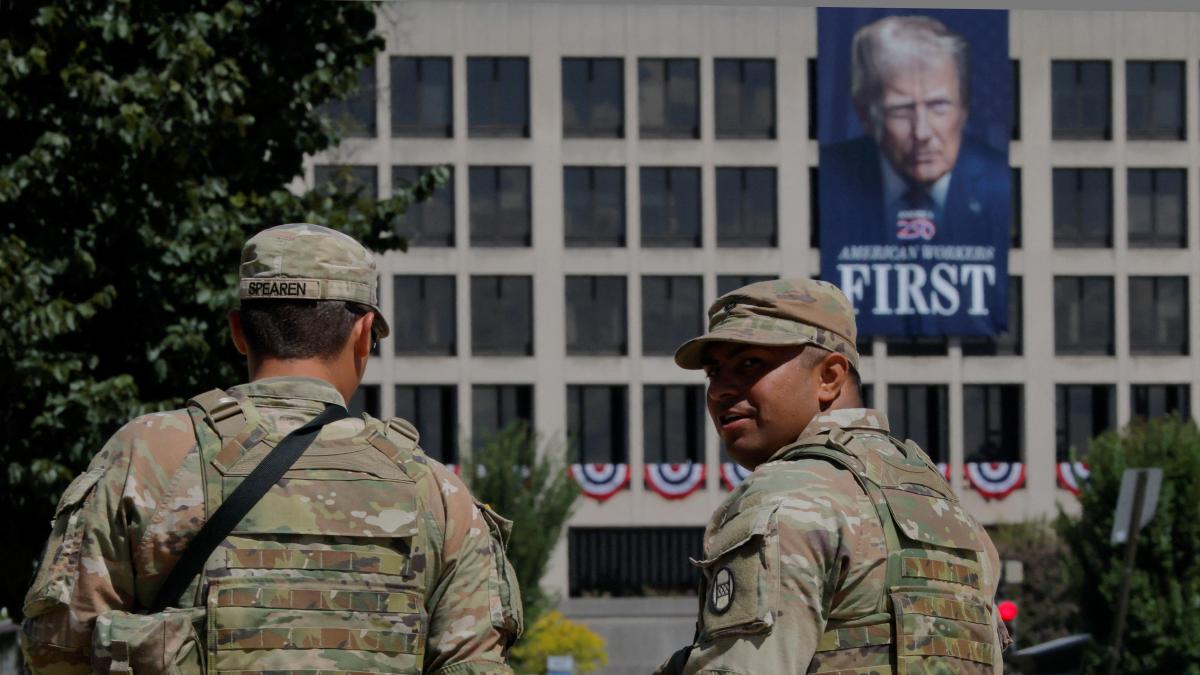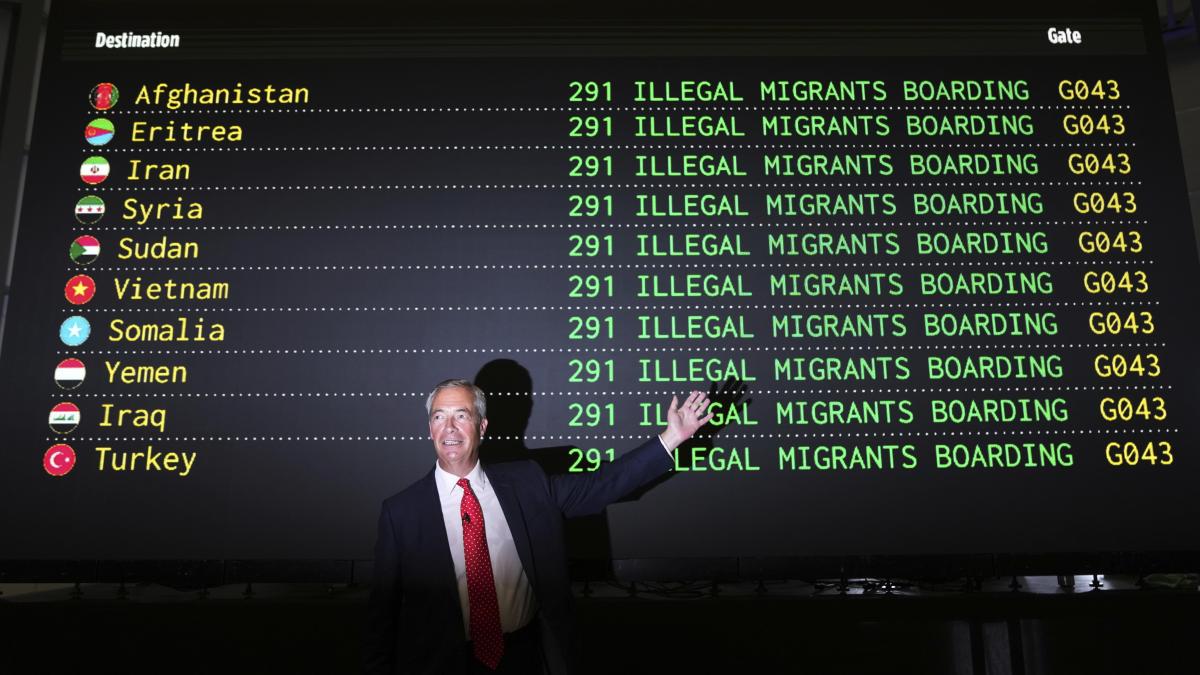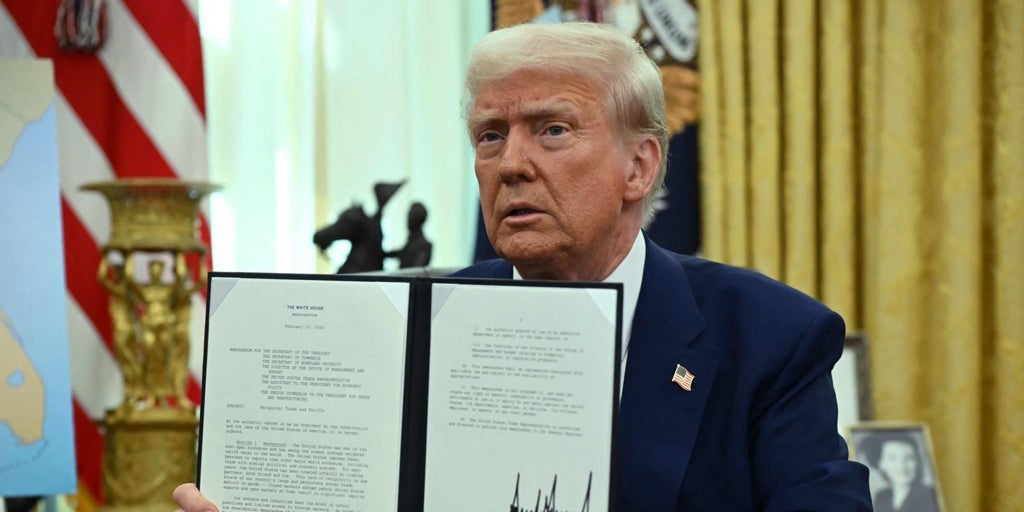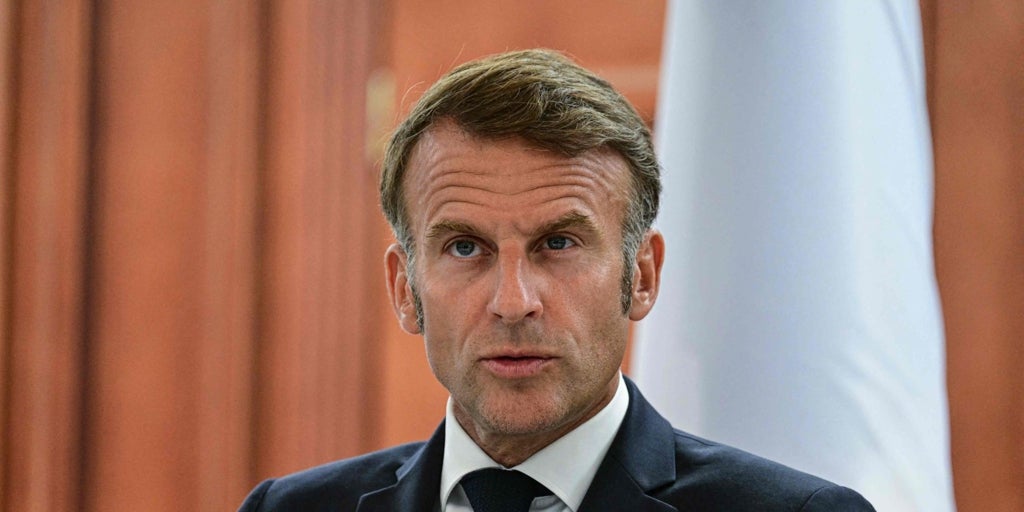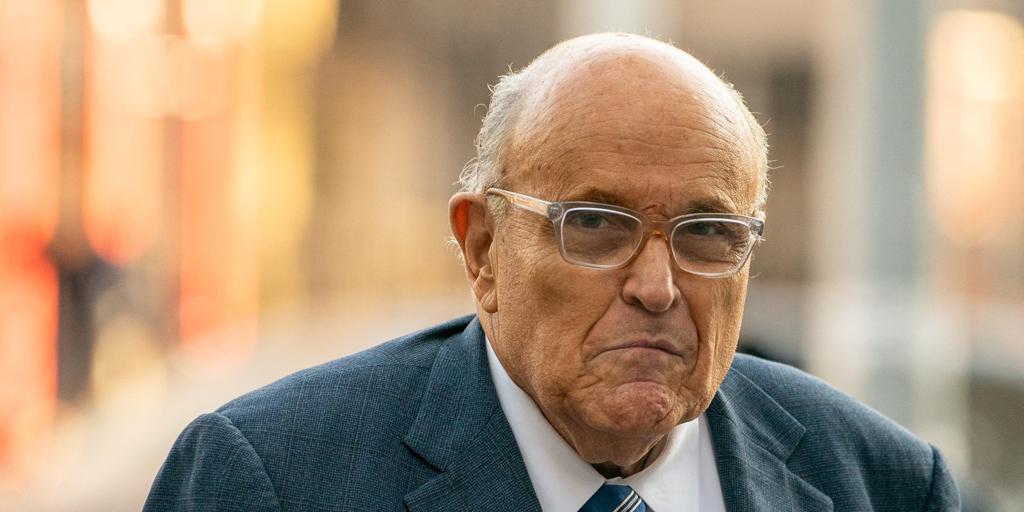An Iranian Bishop to Transform the Anglican Church?
“What has happened should shake us to our core”… This was the haunting reaction of Bishop Guli Francis-Dehqani, a prominent figure in Anglican leadership, after the revelation of horrific abuses perpetrated by John Smyth, a lawyer and sadist, who inflicted suffering on 130 minors over four decades. This news has shaken the Anglican Church to its foundations.
The scandal has not only damaged reputations but has directly led to the fall of Archbishop of Canterbury Justin Welby. Welby, who was aware of Smyth’s actions yet failed to act, has accepted his “personal and institutional responsibility.” This scandal has forced the Church of England into a period of deep reflection and reckoning that may extend well into the next year, marked by the turbulence of upcoming succession plans.
Libby Lane made history as the first female bishop in 2014, paving the way for others, including Francis-Dehqani, consecrated just three years later. Now, amid a wave of scandals and cultural shifts, she stands poised to potentially take up the archbishop’s baton, alongside other contenders like Stephen Cottrell and Maryn Snow, as well as two other strong female candidates, Rachel Treweek and Rose Hudson-Wilkin.
At 57 years old, Guli Francis-Dehqani’s ascendance is noteworthy for her unique and tumultuous background. Born in Iran to an Anglican bishop and a British missionary during the Shah’s rule, her life was irrevocably altered when her older brother was murdered during the Islamic Revolution, in a devastating personal loss against the backdrop of broader religious persecutions.
She entered the UK as a refugee, her passion for art and music defining her early years. However, influenced by her father, she shifted her focus to embrace a path in theology, earning her doctorate from the University of Bristol with a thesis titled Religious Feminism in the Age of Empire: Women Missionaries in Iran. Her academic pursuits set the stage for her subsequent roles in the Church.
At 33, she was ordained as a dean and quickly climbed the ecclesiastical ladder at Southwark Cathedral. During her time as a chaplain at the Royal Academy of Music, she balanced her duties with raising her three children, returning to full-time ministry in the Diocese of Peterborough as a member of the General Synod.
In 2017, Francis-Dehqani broke barriers as the first bishop from an ethnic minority within the Anglican Church, her influence culminating when she was appointed as one of three bishops supporting King Charles at his coronation. Her journey has been marked by significant advocacy for social justice, influenced directly by her painful experiences.
Despite her achievements, Francis-Dehqani has faced considerable backlash for her outspoken views on contemporary issues, particularly for highlighting the tragic loss of innocent lives in Gaza amidst international arms sales to Israel. Critics have targeted her, but she remains resolute in her beliefs, understanding that her advocacy comes with sacrifice and of straying from conventional church positions. “We preach forgiveness and reconciliation. Our faith is nothing if we do not measure up in times of tribulations,” she states, echoing the teachings imparted by her father following their family tragedy.

